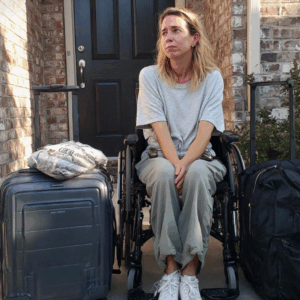The Mystery of the Penny in Your Car Door Handle — What It Really Means You approach your car and notice a penny lodged in the door handle or stuck in the lock. Immediately, your mind races with questions: is this a sign of a break-in attempt, a thief’s trick, or simply a coincidence? Popular urban legends suggest that thieves use pennies to jam locks, leaving a secret signal for others, but the truth is far less dramatic.
Modern vehicles primarily rely on key fobs and electronic locks, making it nearly impossible for a coin to jam a lock effectively, and law enforcement has found no evidence that coins are used as coded warnings among thieves. Most car break-ins today involve keyless entry hacks, stolen remotes, or smash-and-grab thefts rather than low-tech methods like coins.
More often than not, a penny in your car door is completely innocent. It could have accidentally fallen from your pocket or bag, been left by children playing nearby, or even placed as a harmless prank. In rare cases, for older vehicles with manual locks, a coin might temporarily affect the mechanism, but it is not a common tactic for theft. While the penny itself is not a threat, it’s important to remain vigilant.
Look for signs of tampering such as scratches, pry marks, broken glass, missing items, or malfunctioning alarms, and report any suspicious activity. To stay safe, remove the coin carefully, test your locks, check for damage, and continue to use smart security habits. Focus on the real threats: keyless entry relay attacks, leaving valuables in plain sight, unsecured key fobs, and public parking risks. Utilize tools like steering wheel locks, dashcams, and signal-blocking pouches. Ultimately, a penny in your car handle is likely harmless, but true vehicle safety depends on awareness, modern technology, and consistent protective habits rather than myths or coincidences. Even small details like a coin can remind us that vigilance is always valuable, and careful attention to your vehicle’s security is the best way to prevent problems before they happen.





